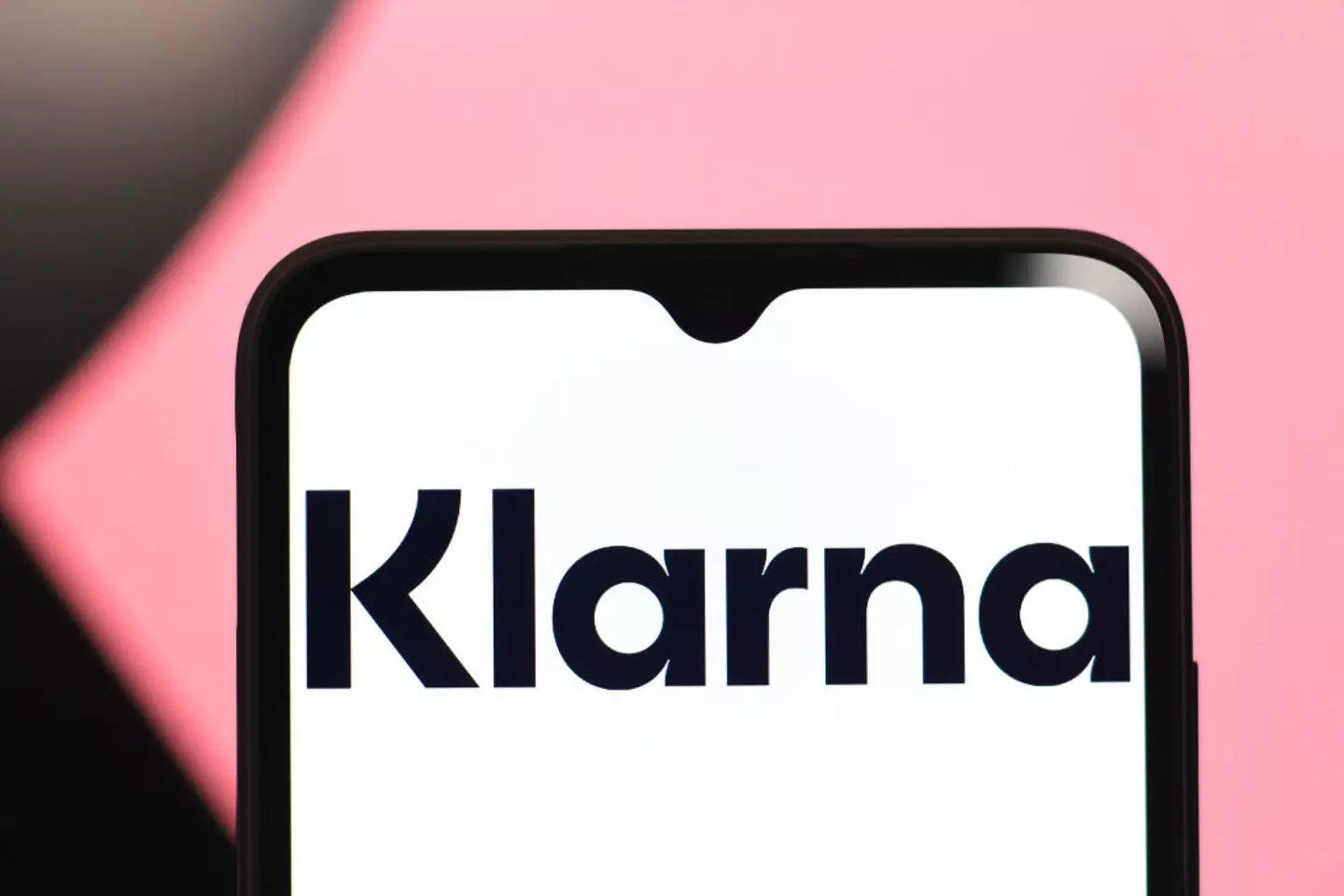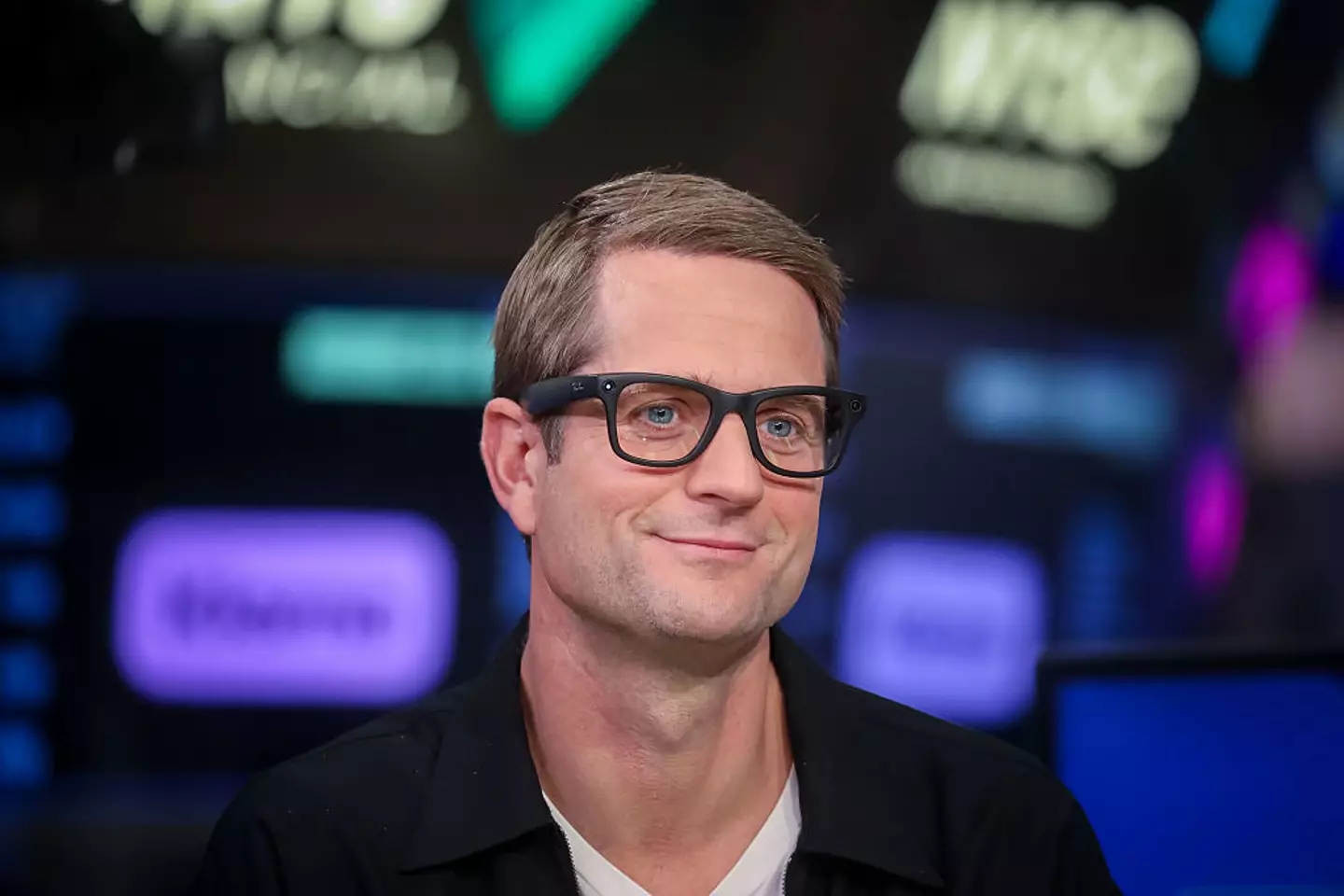
Everyone loves a rags-to-riches story.
Earlier this year, internet sensation MrBeast became the world's youngest self-made billionaire, having not inherited any luxury assets. Jimmy 'MrBeast' Donaldson started making Minecraft videos with next to no views, and over time, became the most subscribed YouTuber of all time and one of the most recognised faces today.
In another remarkable story, Klarna cofounder and CEO Sebastian Siemiatkowski’s turned his personal financial struggles into fintech gold.

Advert
Without experiencing genuine hardship, he might never have come up with the idea that transformed Klarna into a company that has created 40 employee millionaires.
According to Renaissance Capital data, Swedish fintech giant Klarna recently completed its initial public offering (IPO), marking the largest IPO of 2025.
For Siemiatkowski, however, this triumph represents decades of perseverance.
The CEO's journey began at age 15 flipping Whoppers at Swedish Burger King, where he picked up basic customer service skills and became curious why people chose to pay with credit over debit.
Siemiatkowski then served as a dementia caregiver, worked as a schoolteacher, and eventually found himself in internet subscription telemarketing.
“Sales is typically seen as this kind of sleazy, lowlife thing, but I find it beautiful,” he told Sequoia Capital. “I always loved polishing and refining my sales script; eventually I knew I got it perfect one day when I closed 16 calls in a row. This kind of thing - the art of convincing - it’s just a fascinating skill.”

Despite his father's aspirations for him to pursue a career in medicine, Siemiatkowski enrolled at the Stockholm School of Economics to study business.
Two years into his studies, he took a gap year with his business school peer and fellow Burger King colleague, Niklas Adalberth. Their adventure included attempts at bartending, working aboard a Florida cruise ship, and waiting tables at a Swiss ski resort.
Still seeking direction, the duo embarked on an ambitious plan to hitchhike around the world. Their journey took an unexpected turn when they missed the final monthly cargo ship from Sydney to Los Angeles, leaving them stranded in Australia.
“[It] really taught us the value of resilience,” Siemiatkowski recalled to Sequoia. “We had to spend a full month in a foreign city, unsure what we would do or how we would support ourselves. We eventually found cheap hostel beds and jobs as furniture movers."
He added: "We proved to ourselves that we could be resourceful. No matter how bad things looked, we proved to ourselves that we could find a way to survive.”
Problems only worsened when the pair realised they had missed the deadline for re-enrollment in business school.
“This left a full year entirely blank,” Siemiatkowski explained. “Here I was, thin and poor after a year’s travel, no job, no school, no support whatsoever.”
During this period of relying on welfare checks and food stamps, he found employment at a factoring company that assisted small businesses in covering unpaid invoices.
This experience in 2005 planted the seed for what would eventually become Klarna's revolutionary buy-now-pay-later model. After capitalising on life's unexpected circumstances, Siemiatkowski launched Klarna at 23, which has become a popular option for Gen Z customers.